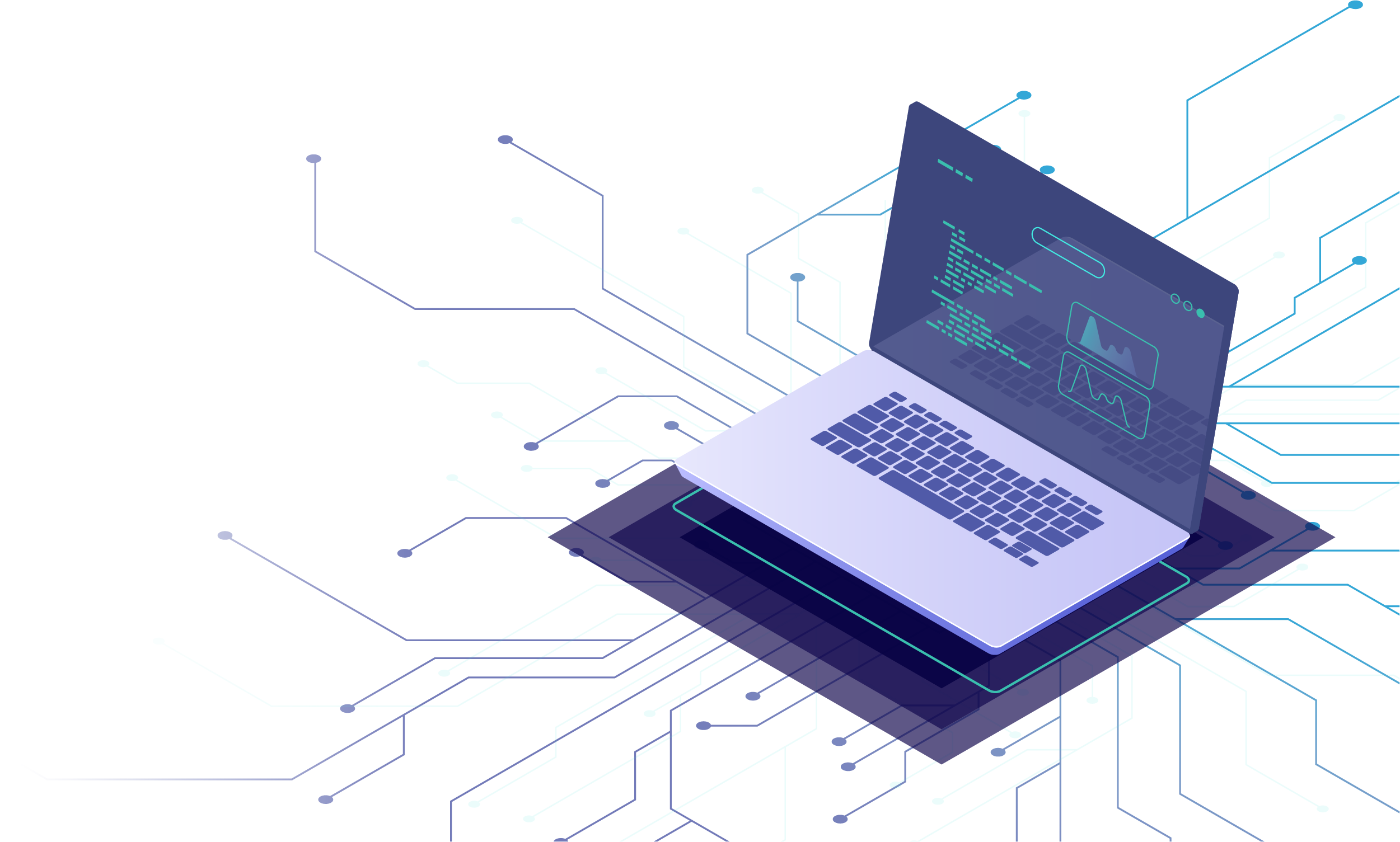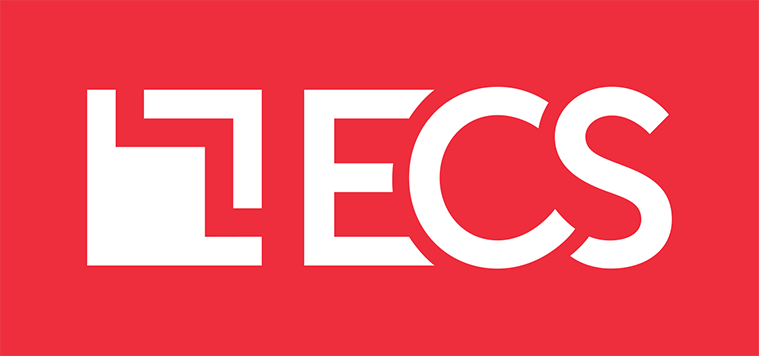By Parminder Kaur
ECS Cloud Administrator
While cloud computing offers many advantages including scalability, cost savings, and ubiquity, it also provides a distinct edge for software testing. Cloud testing (also called cloud-based testing) is the use of cloud technology to perform any kind of software testing, such as:
- Functional
- System
- Performance
- Stress
- Usability
- Integration
- Security
Cloud testing provides scalability, performance, security, and reliability to web applications or websites through continuous and comprehensive testing. ECS has identified a number of common tools we have used for cloud testing—a representative set of the wide range of tools available in the market.
As the name indicates, cloud testing is performed in a third-party cloud computing environment that houses the required infrastructure to perform various types of testing processes. Cloud enables the testing of software without the need for a large capex budget. Multiple test cases can be run across many geographic locations, with costs only incurred while tests are running. This allows for more tests to be run in parallel on an on-demand basis to support activities like cross-browser testing. The results provide improved test coverage, faster turnaround time (TAT) and a better-quality product.

Testing Techniques
At ECS, we use a variety of tools for different testing techniques, including:
- Ability Testing: We use ClickTest, Quorum, and CloudArray to conduct ability tests, including interoperability and compatibility testing. With any change in infrastructure, we use these tests to check whether an application works seamlessly and that all components continue to work together without error.
- Availability Testing: Application administrators must ensure limited or no outages. We use VeeAM, druva, vembu and Zerto for availability testing and disaster recovery testing. These tests ensure that you don’t lose data or face other severe consequences if there is any cloud downtime.
- Performance Testing: Stress testing and load testing are two types of performance testing that ensure there is no degradation in an application’s performance if there is heavy load or stress from many concurrent users. We perform system testing to check whether all application functions are configured and working as per the system specification.
- We use SOASTA CloudTest, AppPerfect, CloudTestGo, and AppLoader for load and performance testing.
- We use BlazeMeter for end-to-end performance and load testing of mobile apps, websites and API. It is JMeter compatible and can simulate up to one million users. It combines realistic load tests and performance monitoring with real-time reporting.
- Browser Performance Testing: We use BrowserStack and Lamda Test to test web applications and websites on different combinations of browsers, devices, and operating systems.
- Security Testing: We use tools such as Nessus, WireShark, Qualys, WhiteHat Security, Zscaler, CipherCloud, and SilverSky to identify and minimize security vulnerabilities. These tools also prove useful in regression testing, which we perform after uncovering any vulnerabilities or releasing new patches.
Proper testing produces better-quality products.
Cloud technologies and cloud testing help improve the scalability, performance, security, and reliability of web applications. All software teams should leverage cloud technology to accelerate the testing process and reduce the overhead cost of maintaining in-house infrastructure.






